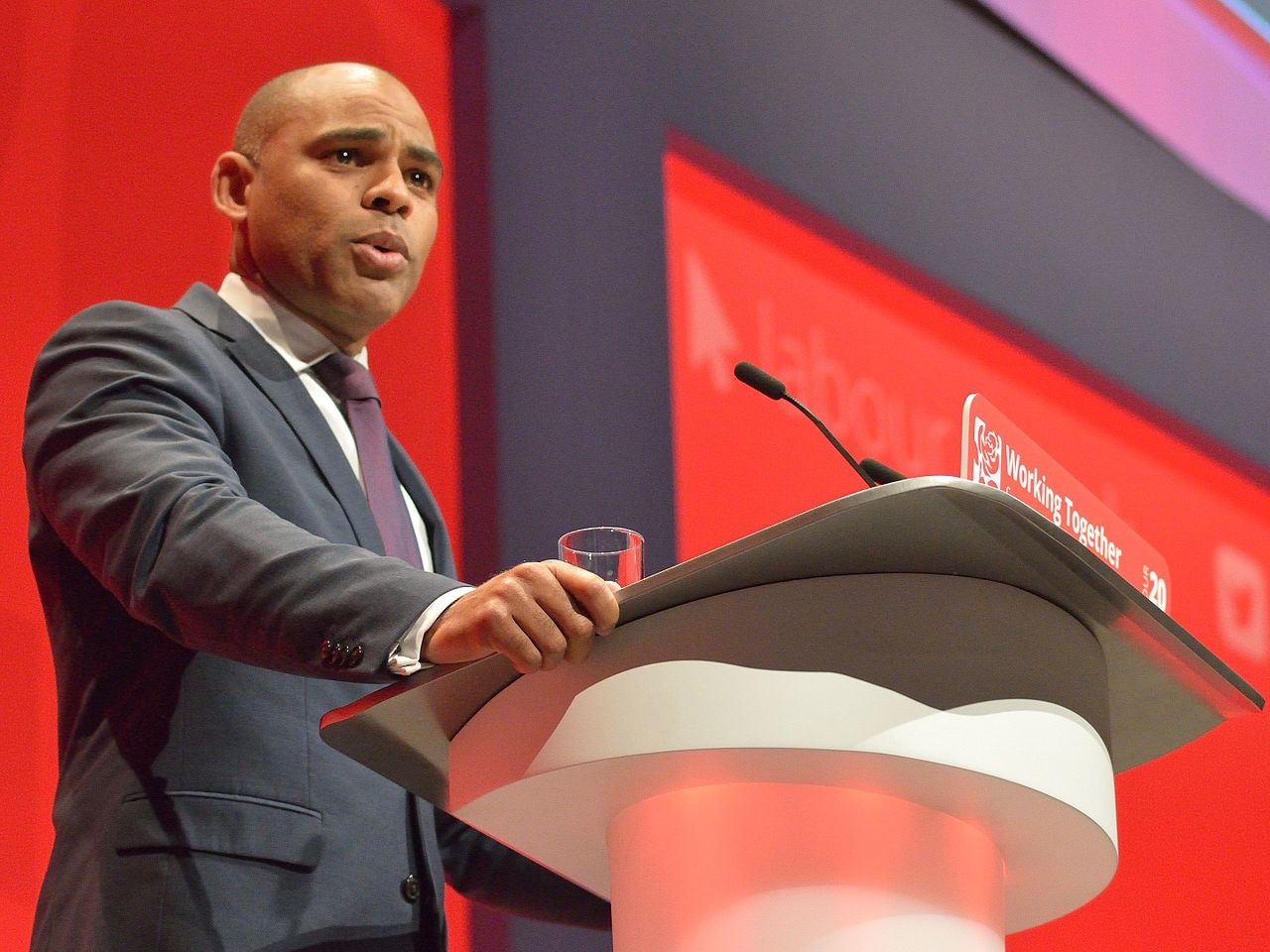
Uncosted in today’s documents, Sizewell C will replicate EDF’s proprietary EPR technology now being pioneered at Hinkley Point C in Somerset. Both plants are equal in capacity.
Last September EDF confirmed Hinkley C’s construction bill had risen a further £2billion, to between £21.5 and £22.5billion, blaming ground conditions. In March 2018, EDF’s UK CEO Simone Rossi suggested the Suffolk plant may come in 20 per cent cheaper. EDF today cites last year’s government consultation on the nuclear industry’s Regulated Asset Base model as implicitly underpinning that hope.
Approved in September 2016, the government handed Hinkley C an index-linked strike price of £92.50/MWh, guaranteed for 35 years. It has been described as “risky and expensive” by government’s own auditors.
Nuclear option
The UK has committed to decarbonise the economy within three decades. If that is to be achieved by electrifying heat and transport, the UK will need vast increases in zero carbon generation, as well as massive network investment.
EDF states that electrifying heat and transport cannot be done without new nuclear. However, there are reservations within Whitehall about committing for decades to large chunks of inflexible baseload that is unlikely to arrive before 2030.
Those concerns may have been amplified in recent weeks. Earlier this month, EDF stuck a deal with National Grid ESO to halve output from its Sizewell B pressurised water reactor to help keep the transmission system stable while demand is suppressed by the Covid-19 pandemic. More nuclear power may require similar deals or procurement of new balancing services to cater for periods of high renewable generation and low demand, which add cost to bills.
On the flip side, the system operator would certainly benefit over winter from reliable, dispatchable baseload in a system dominated by fluctuating renewables. Meanwhile interconnectors, which National Grid is building, alongside producing hydrogen via electrolysis, could help ease excess power issues while helping to decarbonise heat, transport and industry.
Should EDF get the contract it requires, East Anglia will benefit from Sizewell C’s 25,000 construction jobs and 1,000 apprenticeships, claimed EDF. Some 70 per cent of supply chain value will be retained in the UK, it stated.
Operating economics are not disclosed in the Sizewell C application, for which public consultation began in 2012, gathering responses from 10,000 Suffolk residents and organisations.
Source: https://theenergyst.com/sizewell-c-edf-prepares-to-push-nuclear-option/










